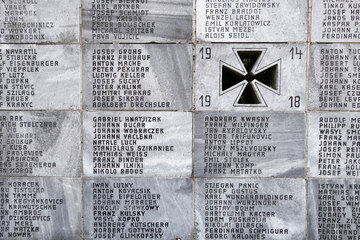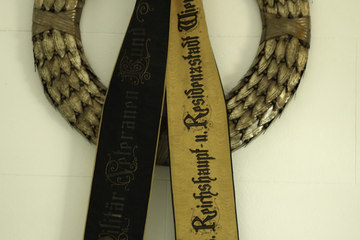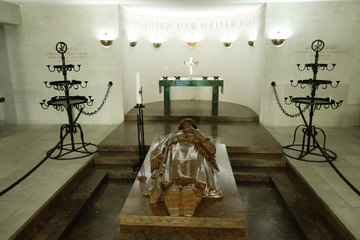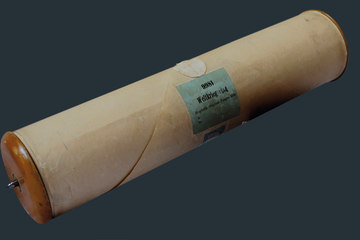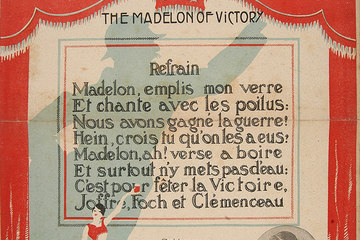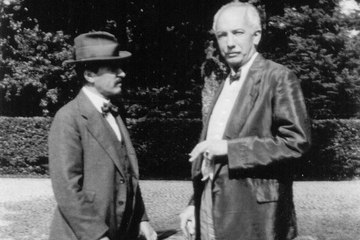The ‘Ordinary’ Soldier Becomes a Hero
Before the First World War military monuments were reserved exclusively for high-ranking personalities such as commanders and generals. In this respect the war led to a paradigm shift: now people wanted to have monuments in remembrance of the ‘ordinary’ soldiers and to ‘honour’ them in this way. War memorials dedicated to the soldiers who fell in the First (and later also the Second) World War were put up in many towns and even small villages.

